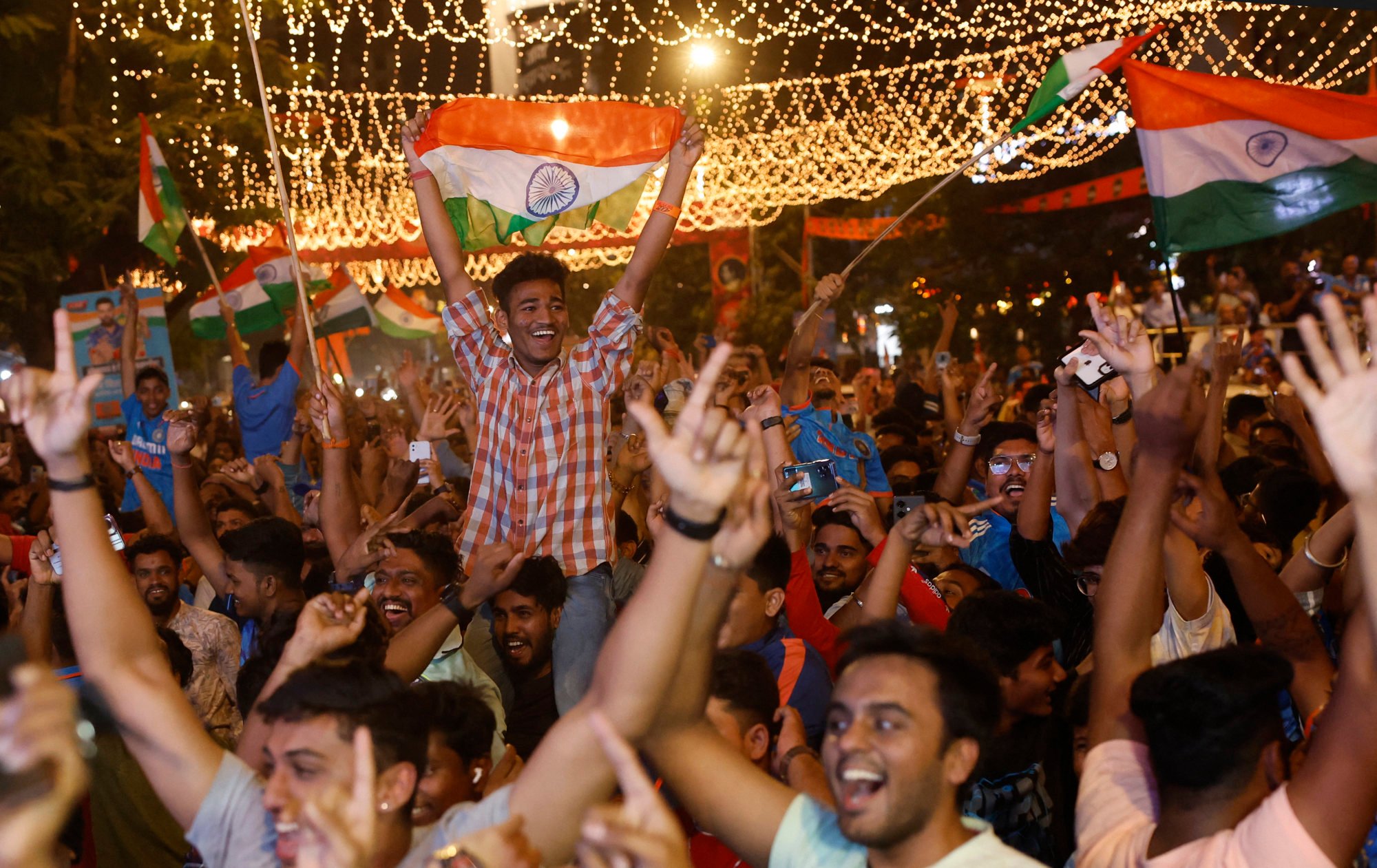
Indian diplomacy is getting a boost – but it’s still ‘no match’ for likes of US, China or UK
- The expansion of the 850-strong foreign service reflects India’s aspiration for a significant role in the evolving global order
- But it will continue to dwarf the diplomatic corps of countries like China and the US in not just size but skills, from language to technological expertise
India plans to add some 200 employees to its “short-staffed” diplomatic corps over the next five years in a mark of its expanding global ambitions, but even as observers welcome the move, concerns linger about the calibre of such staff members to navigate the evolving geopolitical landscape.
Simultaneously, two conflicts on different continents, intricately tied to India’s interests, demand diplomatic finesse.
While the Indian government downplays the significance of the recent approval, the move has been lauded by members of the Indian diplomatic community and its close observers.
Sikh murder row: Canada pulls 41 diplomats out of India after immunity threat
“The news that we’re expanding our diplomatic corps is welcoming. Capacity issues have long influenced Indian foreign policy, and considering the extensive nature of India’s global engagements, it’s time to address this aspect,” said Harsh V Pant, Vice-President Studies and Foreign Policy at the Observer Research Foundation think tank in Delhi.
The foreign policy overhaul responds to recommendations from a parliamentary committee in March that emphasised the need for diplomatic reinforcement.
‘No match’
Nevertheless, the country is still missing the diplomatic resources, whether staff or overseas missions, to act as a backbone to buttress such lofty ambitions.

While the recent expansion is welcomed, a former Indian diplomat cautions that it remains insufficient to rival the diplomatic prowess of countries like China. “In diplomacy, whether we want to admit it or not, we’re still no match for any major player,” said the envoy, who declined to be named.
The Indian exchequer has allocated merely 0.4 per cent of the country’s annual budget to the Ministry of External Affairs in the last five years, and the foreign ministry is among India’s least-funded federal ministries.
India vows to free Qatar death row ex-navy staff ‘accused of spying for Israel’
Amitabh Mattoo, a professor of international studies at the Jawaharlal Nehru University in Delhi, noted that the service was lacking in both “numbers and skills”.
“There are a limited number of diplomats with good language skills,” he said, adding that India also needed diplomats with expertise in cyber technology and artificial intelligence, and the ability to negotiate complex economic agreements.
As part of the expansion, Delhi plans to open nine new diplomatic missions in the coming years, with the locations and staff sizes still being worked out.
“The Global South will be and should be a priority for India’s foreign policy in this expansion phase. It’s not enough to have ad hoc relations with a regional group of countries,” he said. “That engagement has to be sustained.”
India’s Ministry of External Affairs declined to comment on the latest expansion plans.

Afghanistan dilemma
On November 29, merely days after the Afghan embassy in Delhi said it had shut for good, the Taliban administration declared that the diplomatic mission would soon reopen. Afghan reports indicated that the country’s diplomatic staff in India, loyal to the previous administration, had resigned from their posts.
India had been a pivotal partner for Afghanistan before the Taliban took control in 2021, with Delhi having invested billions of dollars in Afghan infrastructure, health and food assistance, as part of its neighbourhood strategy.
“India’s approach in Afghanistan has always been people-centric, focusing on initiatives to improve people’s lives. However, with the Taliban in control, the trajectory of the country remains uncertain. At this point, articulating a concrete Afghan policy makes little sense,” Pant said.
While the Taliban had “benefited” from the multiple crises around the world, which shifted attention away from them, “India, of course, cannot ignore Afghanistan”, he added.
Mattoo, the academic, said: “India’s closure of its mission has meant that its development programmes and assistance will be severely impacted. It is also a loss of face.
“But, ultimately, India has invested in earning the goodwill of the people of Afghanistan. Hopefully, this will survive in the long term.”

